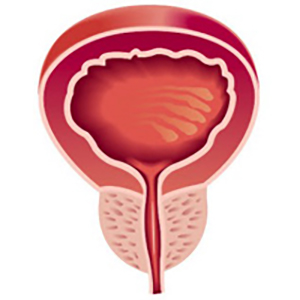Analysis of transurethral resection of prostate videos on YouTube™: Educational quality assessment

Accepted: April 27, 2023
All claims expressed in this article are solely those of the authors and do not necessarily represent those of their affiliated organizations, or those of the publisher, the editors and the reviewers. Any product that may be evaluated in this article or claim that may be made by its manufacturer is not guaranteed or endorsed by the publisher.
Authors
Background: Our aim was to evaluate the educational value of transurethral resection of prostate (TURP) videos on YouTube. Methods: A comprehensive search was conducted for TURP videos on YouTube. Based on the Laparoscopic Surgery Video Educational Guidelines we created a checklist which includes 20 items for evaluation of the videos. IBM SPSS statistics was used for analysis. Results: A total of 104 surgical videos were assessed. The mean view count was 15647.3 (21-324.522, SD 47556.4). Video image quality found as low for 57.7% of videos. Both staff (76%) and resident (75%) rated most of the videos low educational quality. No statistically significant difference was found between staff’s total points (mean 4.35 ± SD 2.9) and resident’s total points (mean 4.63 ± SD 3.3) (p: 0.761). Positive correlation was found between view count and staff’s total points (r: 0.242 p < 0.05), resident’s total points (r: 0.340 p < 0.01). There was also positive correlation between number of likes and staff’s total points (r: 0.375 p < 0.01) and resident’s total points (r: 0.466 p < 0.01). Conclusions: Most TURP surgical videos on YouTube are low quality. Higher educational quality videos with detailed explanation of the procedure are needed on this subject. We believe this study could be a guide for future high quality TURP videos.
How to Cite

This work is licensed under a Creative Commons Attribution-NonCommercial 4.0 International License.
PAGEPress has chosen to apply the Creative Commons Attribution NonCommercial 4.0 International License (CC BY-NC 4.0) to all manuscripts to be published.

 https://doi.org/10.4081/aiua.2023.11404
https://doi.org/10.4081/aiua.2023.11404



